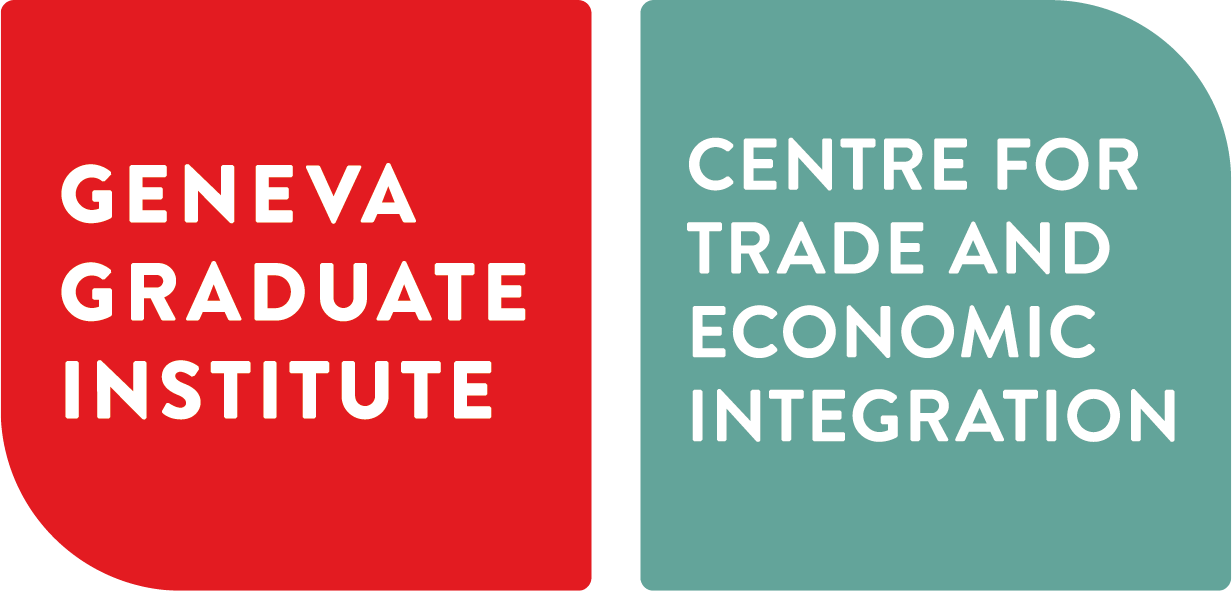Government’s pledges for sustainable development are flourishing, most notably as they signed up to the UN Sustainable Development Goals (SDGs). But how can they translate such pledges into practice?
Voluntary Sustainability Standards (VSS) have been recognized as potentially transformative tools for sustainable trade, and they offer great potential for governments to realise their sustainable commitments through two main avenues. First, the magnitude of public procurement spending, in combination with the aggravating need for sustainable production and consumption, justify why sustainable public procurement is imperative. Second, the growing inclusion of non-trade objectives, such as sustainable development, into trade policies requires new enforcement mechanisms. VSS therefore appear as relevant tools for governments to complement and support their sustainability objectives.
This session will present the findings of the report “Voluntary Standards and the SDGs: Exploring Linkages and Synergies for Sustainable Development” and the United Nations Forum on Sustainability Standards (UNFSS) 4th Flagship Report on “Scaling Up VSS through Sustainable Public Procurement and Trade Policy” and discuss the possibilities and constraints of integrating VSS in public procurement and trade policy.
Additionally, it will explain the connection between VSS requirements and SDGs across countries and sectors and present success stories on how synergies among supply chain actors in several sectors and countries allowed them to not only address the SDG Goals by implementing VSS, but to build resilience toward a post-COVID recovery era.
Key Questions:
- What are the strengths and weakness, threats and opportunities of integrating VSS in public procurement and trade policies?
- How do, or can they complement, substitute or possibly antagonize public policies?
- What are the strengths and weakness, threats and opportunities of integrating VSS in public procurement and trade policies?
- Do market based tools, such as VSS, have the potential to contribute to the achievement of sustainable development/SDGs?
- How could decision makers in the public and private sector adopt VSS that foster their presence in the international trade arena and at the same time allow them to contribute to sustainable development goals?
- How would this VSS/SDG alignment contribute to the efforts of policy makers in building up a more resilient business ecosystem in a post-COVID recovery era?
In the second portion of the session, the floor will open for a moderated audience discussion guided by the question:
How could decision makers in the public and private sector adopt VSS that foster their presence in the international trade arena and at the same time allow them to contribute to sustainable development goals?
Continue the conversation in the dedicated chat on the Beyond Trade Network.
This session will be simultaneously translated into French, Spanish and English (when needed) via the Interactio application, by entering the code GTW2020 (please use headphones). Open the application in your Web browser or download it for iOS Mobile App or for Android App.



